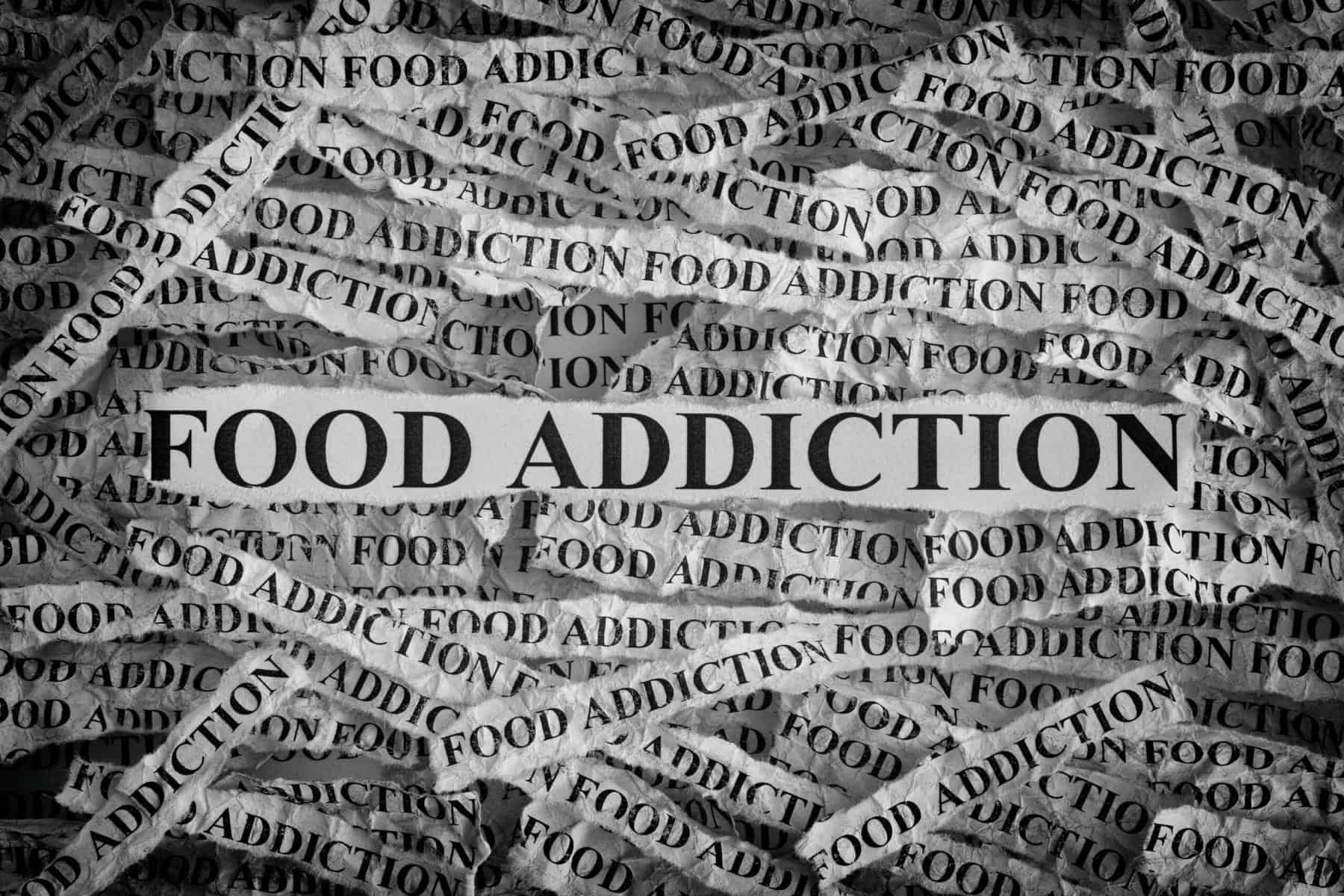
Food is an essential part of life. It is necessary for survival, yet many people struggle when it comes to their relationship with food. Food addiction can have a life-altering impact on health and overall well-being, just as alcohol does in an alcoholic. Accordingly, having proper care and support to overcome addiction to food is necessary to learn how to form a healthy relationship with food. This support also helps create a pathway for healthy living.
Defining Food Addiction
Many people struggle with thoughts or emotions surrounding food. This can include avoiding having certain foods at home out of fear of eating them all, or constant thoughts about food. It also includes feeling out of control around food.
This obsession, like drug or alcohol addiction, can take over a person’s life and cause an emotional upheaval that can be hard to endure. Also, similar to substances, recovery is possible. People can learn and develop healthy relationships with food, leading to healthier lifestyles.
Signs of Food Addiction
Being able to identify potential signs that someone is struggling with compulsive eating helps create a pathway for getting help and getting better.
The signs that could be indicative of addiction include:
- Feeling a loss of control when around or eating food
- Binge eating
- Eating foods despite trying to avoid them
- Eating when not hungry
- Craving certain food
- Guilt or shame surrounding food or eating
- Constantly thinking about food
- Restlessness, irritability, and headaches
- Digestive disorders
- Feelings of withdrawal from foods
Myth or Real Condition?
While food addiction is not a defined condition in the DSM-5, the condition is becoming an increasingly popular topic in medical communities. There has been recognition of addictive qualities in certain foods, as well as in the act of eating itself. The 3 common mindsets surrounding food include that some foods, such as sugars, are addictive and this makes them a form of substance use disorder. The second is that compulsive eating is a behavioral addiction. Lastly, some believe that food addiction is linked to disordered eating and should not need a separate category.
Binge Eating
Binge eating disorder (BED), is a condition in which someone eats a large amount of food, in a short amount of time. Then they begin to feel out of control, guilty, or ashamed afterward. It is the most common form of eating disorder in the US.
According to the National Institute of Health (NIH), BED affects about 1.2% of adult women and .42% of adult men, as well as 1.6% of teens. Contributing factors of binge eating disorder include stress, anxiety, low self-esteem, trauma, or other emotional issues.
Causes of Food Addiction
Compulsive eating, much like BED, can be caused by several things. Biological, psychological, and social factors play a role in someone’s development of food addiction.
- Biological factors include hormone imbalances, side effects from medications, abnormalities in brain structure, and a family history of addiction to food.
- Psychological factors include mental health conditions such as depression and anxiety, emotional or sexual abuse, or trauma.
- Social factors consist of social isolation, family unit disruption, and stress.
Food Addiction and Mental Health
Mental health is something many people struggle with daily. Eating disorders greatly affect mental health. Many people who struggle with their weight, also struggle with conditions such as depression.
As addiction to food progresses or continues, depression often worsens. Consequently, Individuals who struggle with eating disorders typically feel shame and guilt surrounding food. Thus, contributing to depression and anxiety in these individuals.
Effects of Food Addiction
Eating disorders and obsessions with eating are contributing factors to many health issues across the country. For example, conditions like obesity, diabetes, and high blood pressure can be a result of having an addiction to food and should be closely monitored by medical professionals. Moreover, heart disease is another potential side effect of food addiction. Therefore, these conditions require medical attention and often result in the need for medications to manage the conditions and prevent further complications.
Treatment
Professional treatment for addiction to food and eating disorders is highly beneficial. It provides a safe space to express feelings surrounding food and eating. While simultaneously helping to implement positive coping skills to create a healthy relationship with food. Behavioral therapies like CBT and DBT help to create a positive thought process surrounding foods and promote healthier choices.
Ultimately, many people who struggle with addiction and eating disorders also struggle with mental health conditions. Having the right kind of care and support helps alleviate the guilt and shame surrounding addiction to food and compulsive eating.
Get Help for Food Addiction
Those struggling with compulsive behaviors surrounding food often find themselves in a very lonely and isolated place that can be very difficult to get out of. Whether it be shame or guilt surrounding their diet or their appearance, it can severely impact physical, emotional, and mental health.
However, there is hope for individuals who are struggling to find balance. If you or a loved one are struggling with addiction to food, we can help. At Empowered Recovery Center in Atlanta, GA, we offer compassionate care for individuals seeking help with eating disorders.
Reach out today to begin healing and start living a healthier and happier life.
Program Links
Check Your Insurance Benefits
Empowered Recovery Center is dedicated to providing addiction treatment services to the greater Atlanta area including Acworth, Alpharetta, Canton, Cartersville, Kennesaw, Marietta, Powder Springs, Sandy Springs, and more.
Resources
Connect With Us
-
Empowered Recovery Center
3651 Canton Road,
Marietta, GA 30066
